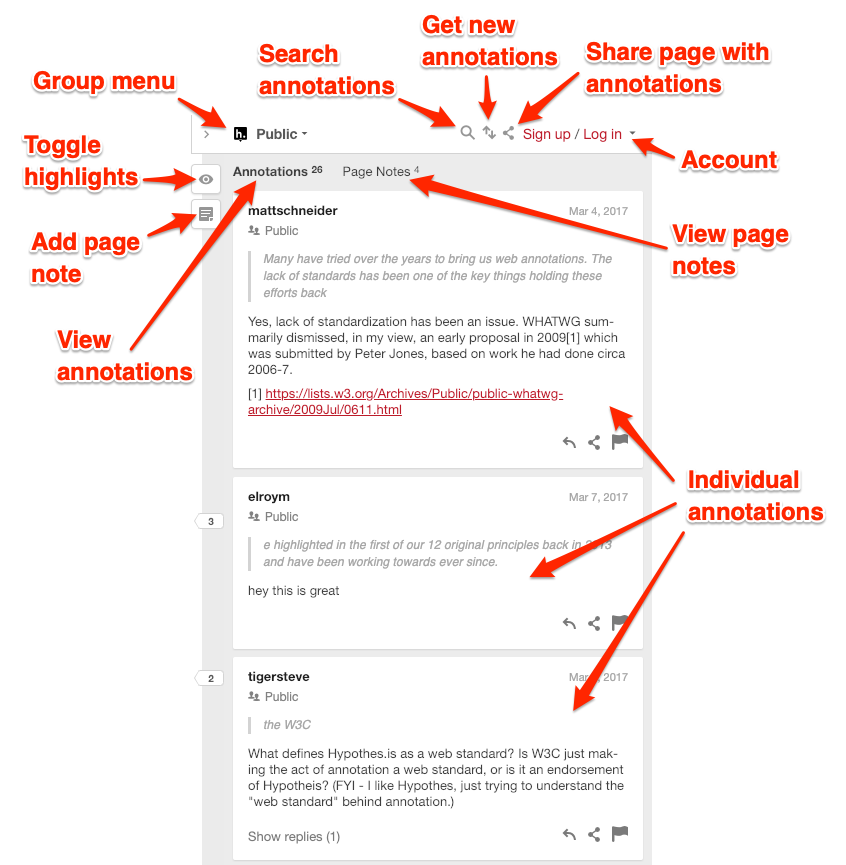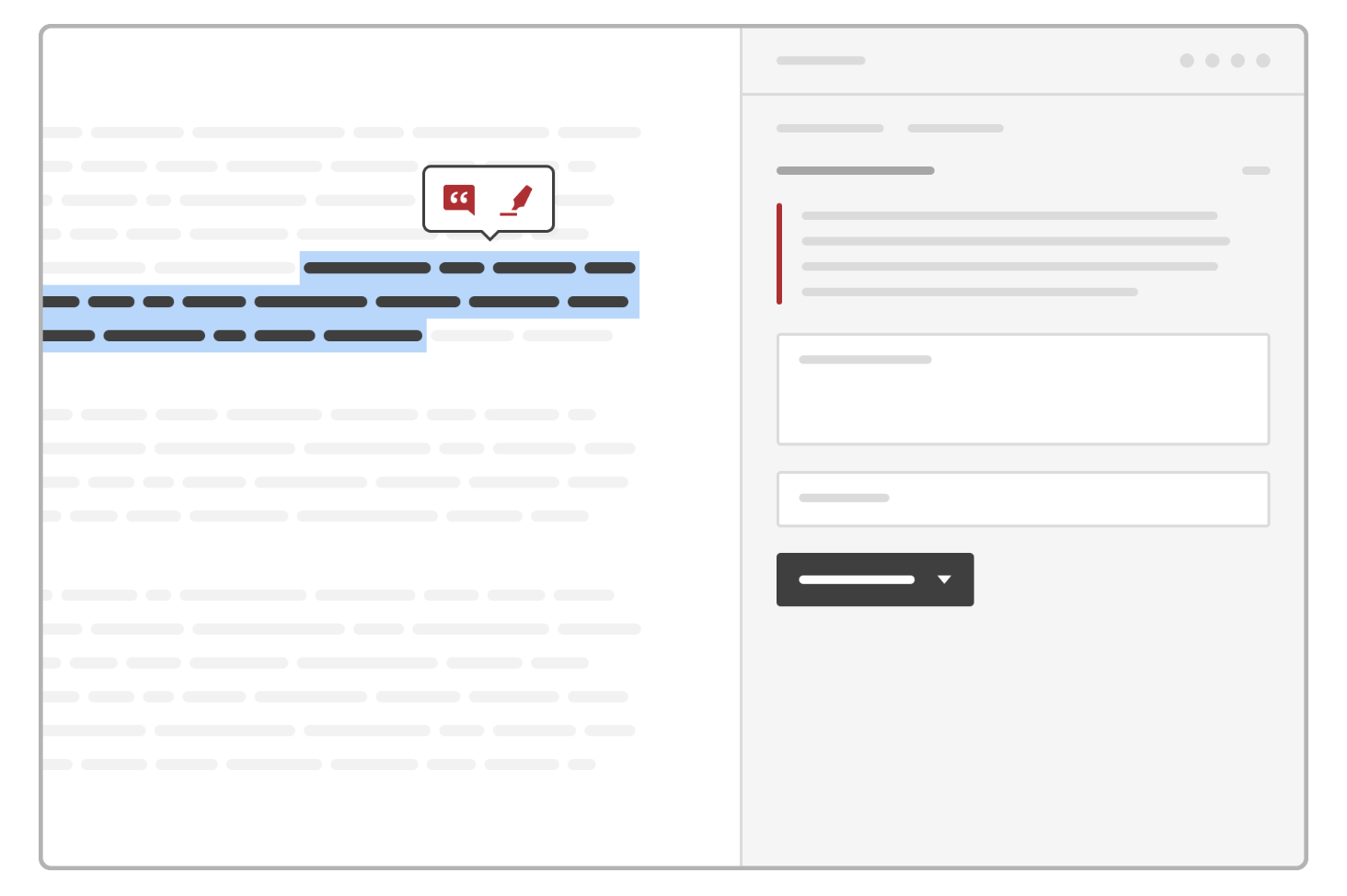Hypothesis (hypothes.is) is an annotating tool, comes as an extension for Chrome Web browser, which runs as an overlay on any webpage or pdf (opened inside Chrome) and allows you to highlight and annotate content with collaborative features.
When I say annotate, there is two main variants of it in Hypothesis. One is highlighting and another is commenting (annotating). You can select particular word or line on a web page and you can choose to highlight or comment on it.

It’s not all. The beauty of this tool is you can collaborate your annotating experience with this. That means, more than one person can highlight the same page any time, anywhere at the same instance. To take this to next level, you can comment (reply) on other’s annotations. This team annotation flows like a discussion in a seamless way. Apart from annotation, you can add a note (called “Page Notes”) that doesn’t correspond to any selected text on the web page, but for the whole page.

By default all your highlights are private and annotations are public (yes Public means everyone can see your annotation unless you change the permission). But you can choose to create a ‘group’ and can only share your annotations within them or you can keep them private.

For Who?
Hypothesis is useful for Academic Researches or Scholars, all types of Knowledge workers for collecting data, proof, ideas, etc. PDF annotations help to annotate research publications then and there and collect the data back for future reference. If you have a research group, a knowledge group that collects and brainstorms with the information, then this tool provides great space for it. You can always have your data and the source (location) of it handy inside Hypothesis.
This is good for information hoarders in learning field and also great help for knowledge workers like writers, researchers, journalists etc.
Pricing: Free, as the app is open and free (well funded)
(Advanced) Users can export their annotations for future use (though the app stores annotations in the cloud) and make use of the collaboration feature better.
I personally use hypothesis to collect data for my on going research. I am little bit worried about the privacy as I add my notes to hypothesis’s server, it slightly worries me. But, I use this for casual data collection, but not for annotating my reference research articles. Although the service offers in-app (within your browser) to mark-up a research paper, I still rely on other apps (which I will introduce you next in Educoholic, so subscribe for email updates).
